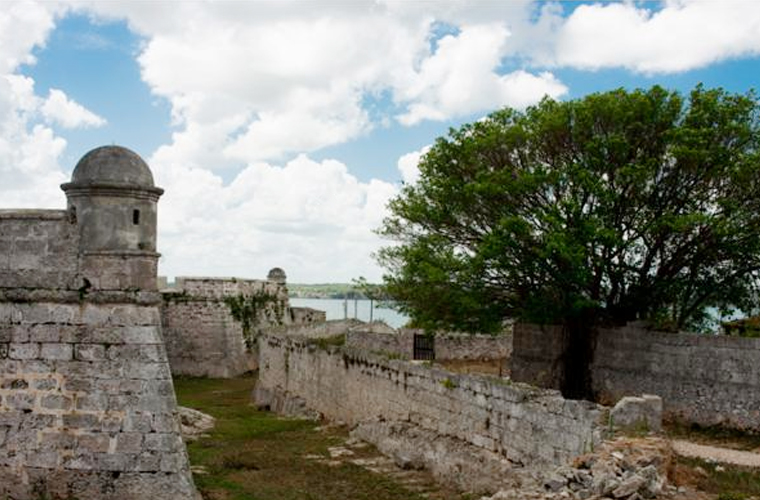Cuba was one of the founding partners of UNESCO’s The Slave Route: Resistance, freedom, and patrimony in 1994. From its creation until the present, a Cuban committee continues to collaborate with more than two dozen governmental and non-governmental organizations engaged in work relating to Afro-Cuban culture. The committee is presided over by Dr. Miguel Barnet and coordinated by Dr. Jesús Guanche, both members of the Fernando Ortiz Foundation. This coordination of institutions and people includes museums, schools, universities, research centers, archives, artists, cultural community projects, immigrants’ associations and descendants, among others. It possesses six working groups dedicated to the following:
- Deepening the scientific research on enslaved people and slavery
- Developing curricular and educational materials to encourage teaching about this tragedy at all levels
- Promoting the contribution of Africa and its diaspora
- Promoting living cultures and artistic and spiritual expressions regarding enslaved people and slavery
- Preserving the archives and oral traditions relating to enslaved people and slavery
- Carrying out inventories and to preserve the cultural patrimony and places of memory linked with enslaved people and slavery and to promote the tourism of memory based on this patrimony.

